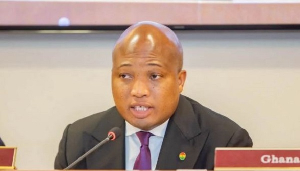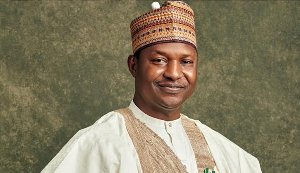A 31-year-old youth Chief of Kakpagyili a suburb of the Tamale Metropolis Mohammed Fuseini has been charged for murder for allegedly presiding over the severe beating of three men suspected of cattle rustling.
One the suspects Issahak Abdul Rauf 25 after the mob attack at the instance of the chief, collapsed and was rushed to the Tamale Teaching Hospital but died days later while on admission at the facility.
A complaint was lodged with the police by relations of the deceased leading to the arrest of the suspect who has since been provisionally charged for the offence.
Mohammed Fuseini has since been remanded in police custody by a Tamale District Court Two presided over by his Worship, Augustine Essah to reappear on September 28, 2015.
A prosecutor in the case appealed to the trial judge to remand the suspect to allow for further investigations into the matter after which the docket could be forwarded to the attorney generals department for advice.
Meanwhile the other two suspects who are Fulanis by extraction had their pleas taken and were accordingly granted court enquiry bail in the sum of thirty thousand Ghana cedis and will appear in September 28, 2015.
Giving the background of the case in court, the prosecutor disclosed that three suspects were arrested by residents of Kobilmahigu for allegedly stealing cattle and were taken to the youth chief’s house but he instead directed that they should be subjected to all kinds of inhumane treatment to serve as a deterrent to others.
As a result Issahak Abdul Rauf 25 collapsed and died leading to the arrest of the chief who in his cautioned statement denied ordering the torture of the suspected thieves as claimed by relations of the deceased and the other two suspects
Northern Regional Police Public Relations Officer (PRO) ASP Ebenexer Tetteh observed that even though citizens have the power of arrest, it does not give them the right to be judges in their communities.
He therefore advised residents who arrest suspected criminals to hand them over to the police for the due process to be followed rather than arrogate powers to themselves and pronouncing judgment on purely criminal matters.
Crime & Punishment of Monday, 28 September 2015
Source: kasapafmonline.com
Tamale Chief Charged for Murder
 File Photo
File Photo












